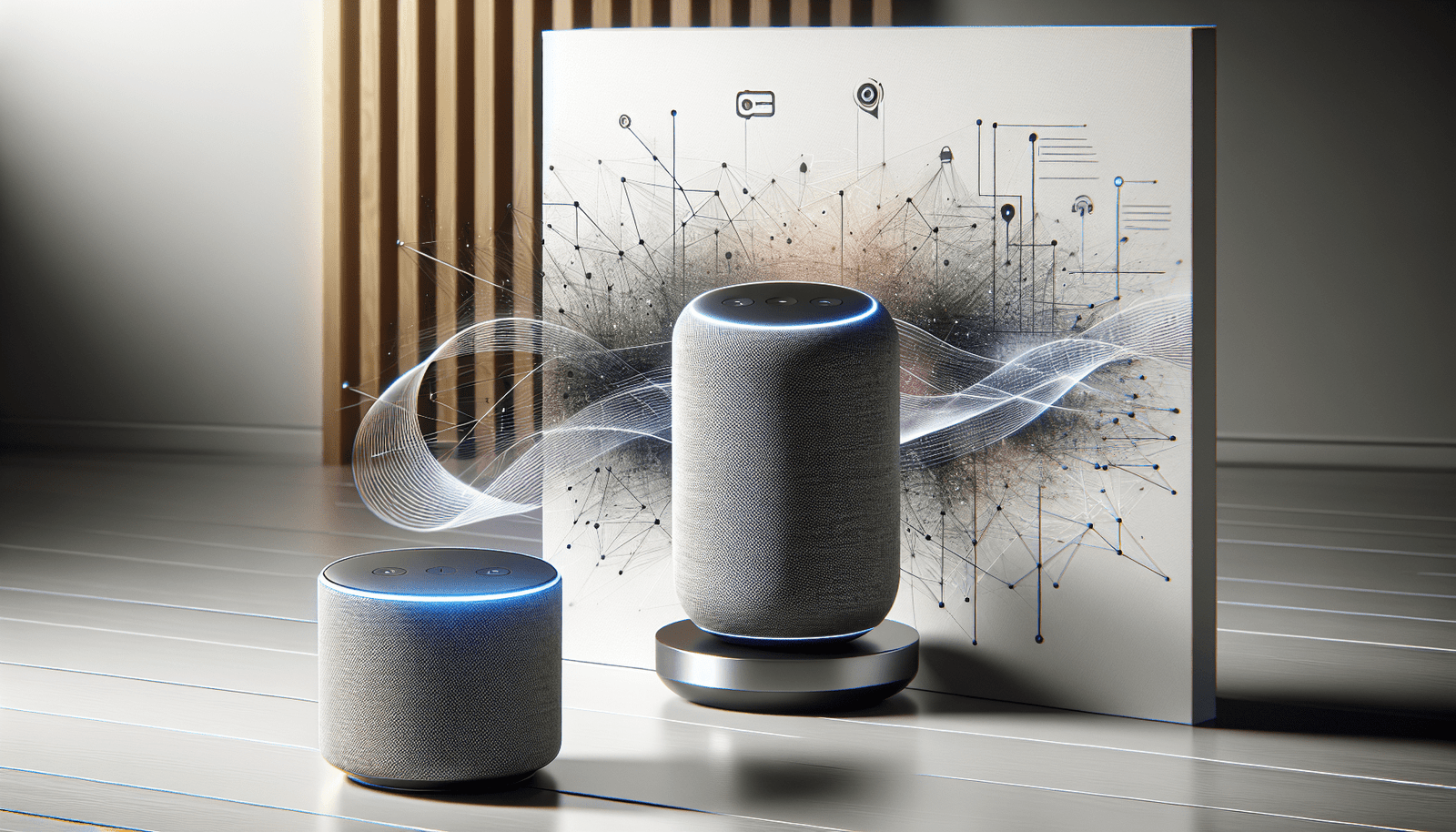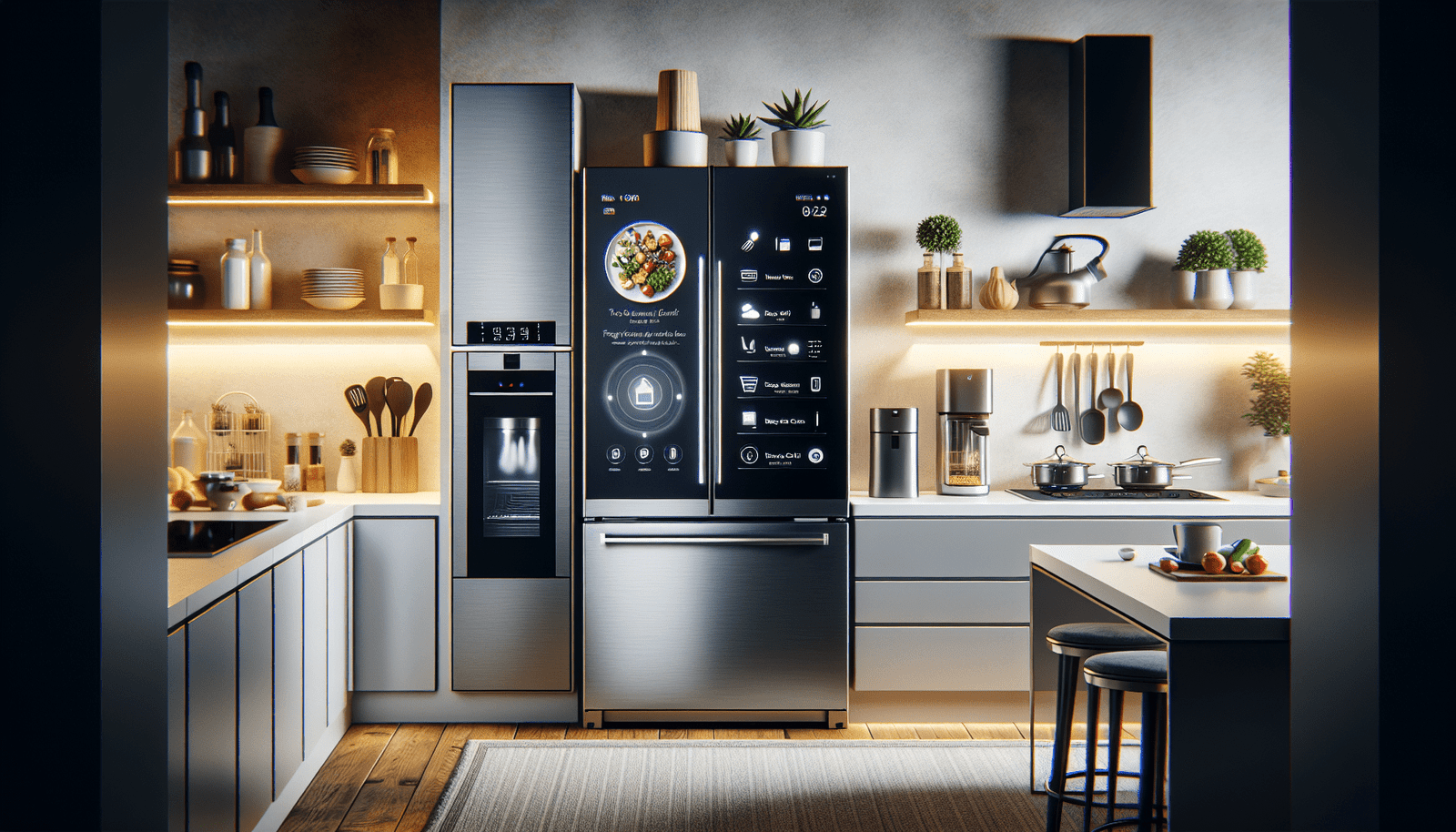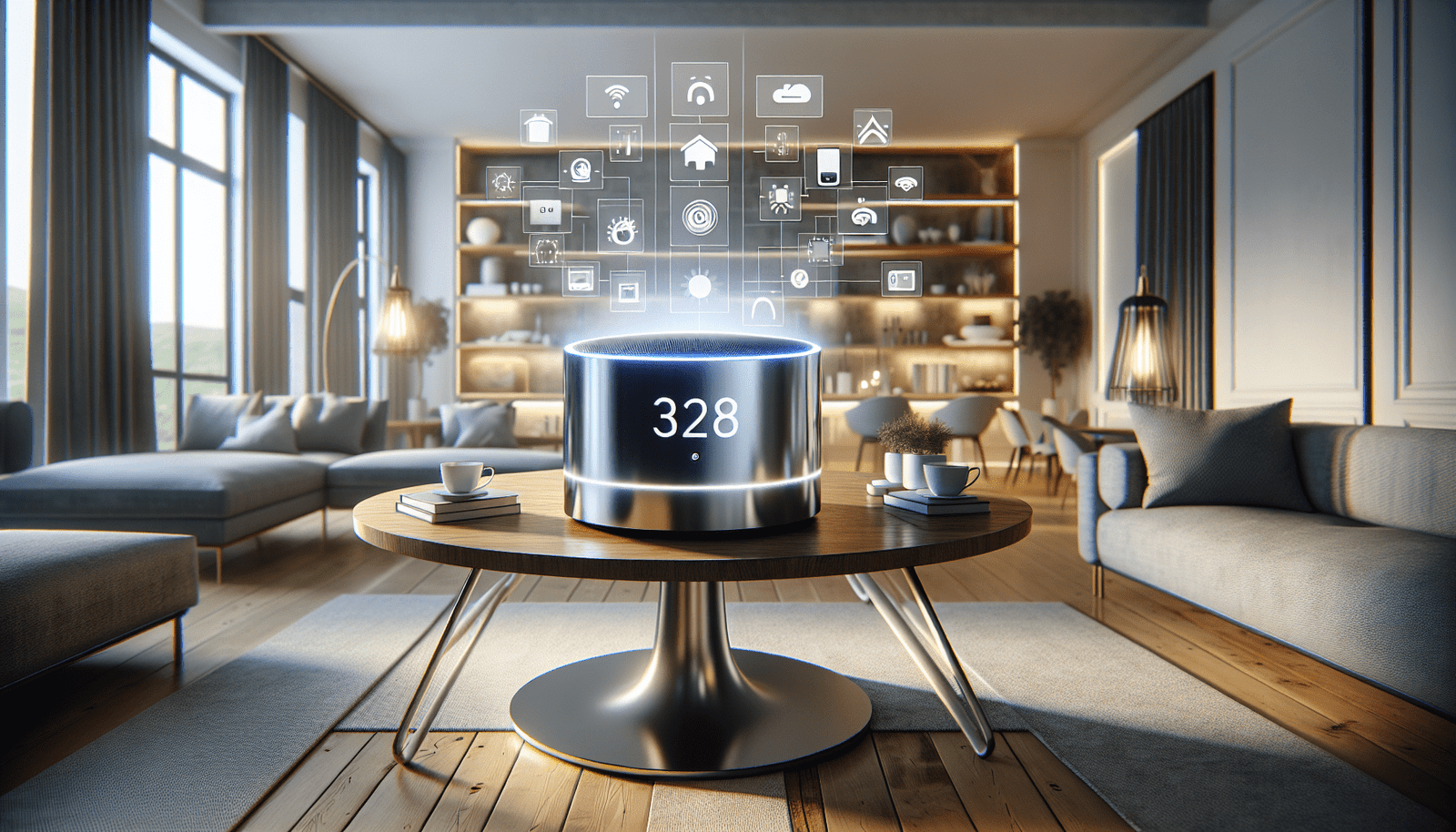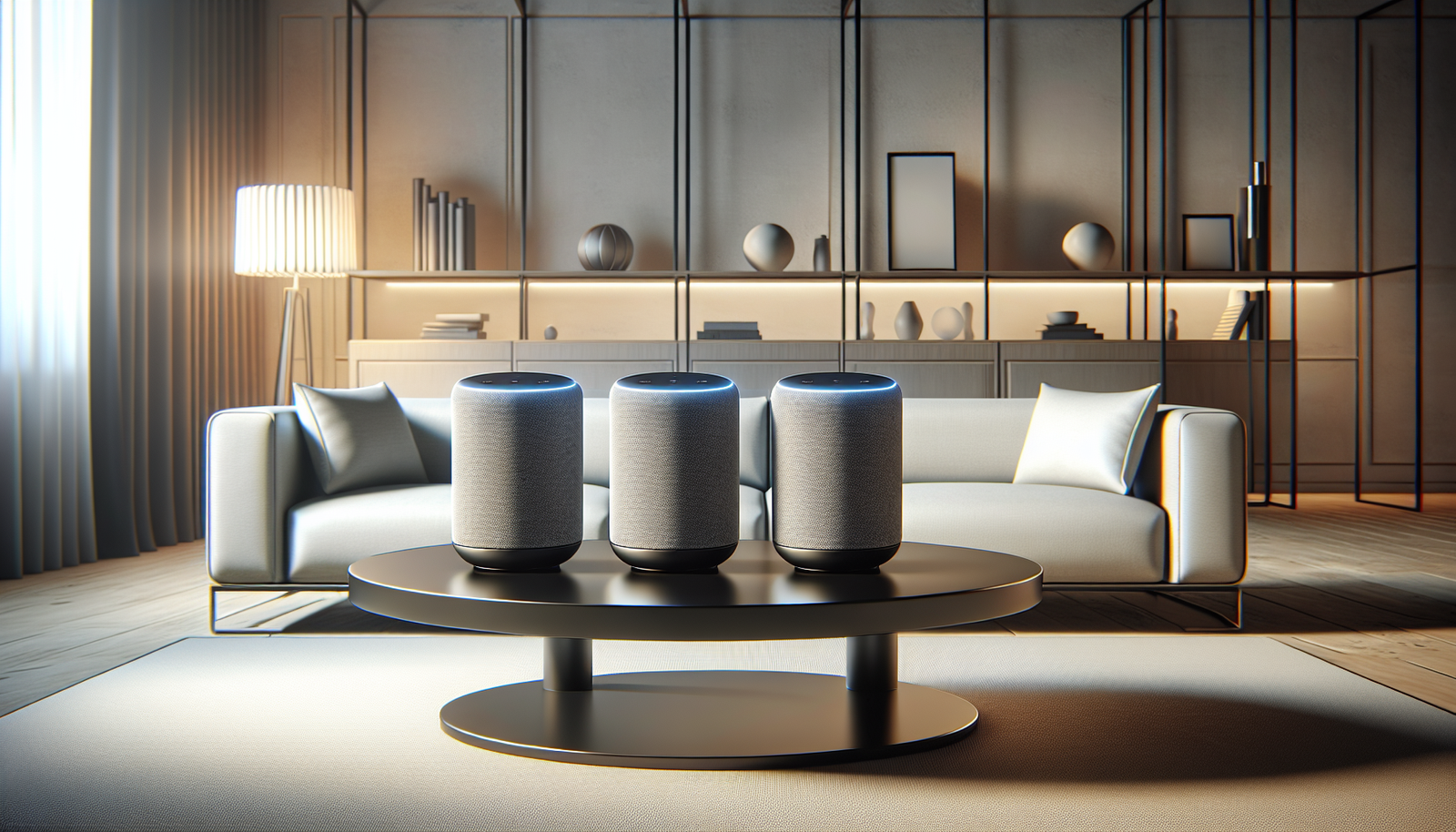Have you ever wondered what the real difference is between smart speakers and smart hubs in the realm of smart homes? With the rapid growth of smart home technology, it’s no wonder that you might feel overwhelmed by the choices. These days, it seems like every corner of your home can be optimized with a smart device. So, let’s unravel the mystery and help you make informed decisions about these intriguing technologies.
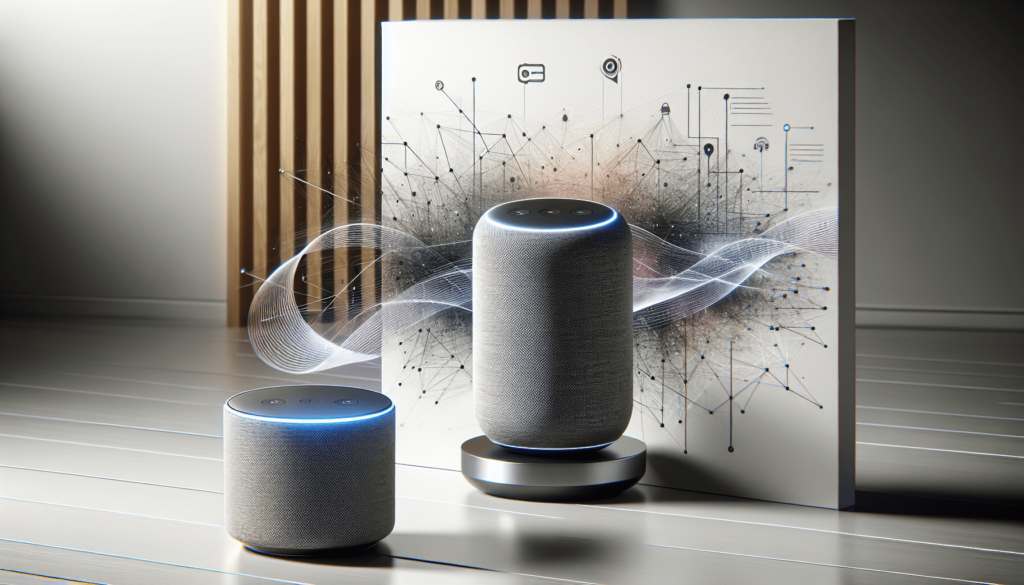
What Are Smart Speakers?
smart speakers are essentially wireless speakers with integrated voice assistants. Imagine having a personal concierge ready to play your favorite tunes, give you weather reports, or even control your home’s lights based on your vocal commands. That’s the magic of smart speakers! They are usually compact devices that blend in with your home décor while providing a gateway to a more connected and hands-free home environment.
The Role of Voice Assistants
At the heart of every smart speaker is a voice assistant, like Alexa, Google Assistant, or Siri. They are the secret sauce that enables your device to understand and respond to your voice commands. You can ask them to set reminders, stream your favorite podcast, or even answer trivia questions. These voice assistants are constantly evolving, becoming smarter with regular updates, thus enhancing your interaction with them.
Music & Audio Capabilities
For music lovers and entertainment seekers, smart speakers are a treasure. They not only stream audio from various services like Spotify, Apple Music, or Amazon Music but can also connect to your existing sound systems, turning your entire home into a symphony of melodies. Moreover, some models offer multi-room audio capabilities, allowing you to sync music throughout different rooms or create stereo pairs for an immersive sound experience.
What Are Smart Hubs?
In contrast, smart hubs act as control centers for your smart home devices. Picture a hub as the brain of your smart home operations. They serve as a centralized point where all your smart gadgets, like lights, thermostats, locks, and cameras, can communicate and operate together harmoniously.
The Integration Power
Smart hubs are invaluable for a seamless smart home experience. They support multiple protocols such as Zigbee, Z-Wave, or Bluetooth, ensuring that devices from different manufacturers can work in sync. This interconnectivity means you can automate tasks easily—like setting your lights to dim when you start a movie or ensuring your thermostat adjusts based on your arrival.
Automation & Control
Offering robust automation capabilities, smart hubs can manage complex routines effortlessly. For example, with a simple voice command or by entering a particular geofence zone, your hub could trigger a series of pre-set actions, such as locking all doors, setting the security alarm, and adjusting the thermostat. This level of automation brings convenience and efficiency, making mundane daily tasks vanish with ease.
Comparing Smart Speakers and Smart Hubs
Now that you understand their individual roles, let’s delve into how smart speakers and smart hubs differ and complement each other in a smart home environment. Each has unique strengths and potential shortcomings, and choosing between them depends greatly on your specific needs.
Core Functions and Capabilities
While both devices are geared towards enhancing your home automation journey, they do so differently. Here’s a quick comparison:
| Feature | Smart Speaker | Smart Hub |
|---|---|---|
| Primary Function | Voice interaction, audio streaming | Device coordination, task automation |
| Voice Assistant | Yes | Some models include this feature |
| Device Connectivity | Limited (Wi-Fi/Bluetooth) | Extensive (Zigbee, Z-Wave) |
| Automation Complexity | Basic | Advanced |
| Audio Quality | High | Not a primary focus |
Use-Cases
If you are primarily interested in voice-controlled music and basic smart home functions, a smart speaker might suit you best. For those looking for comprehensive home control involving multiple brands and device types, a smart hub can be more beneficial.
Privacy Considerations
Privacy is frequently a concern for users engaging with AI-driven devices. Smart speakers continuously listen for wake words, which raises concerns about data privacy. On the other hand, smart hubs typically require fewer voice interactions, possibly offering more peace of mind regarding privacy. However, both can be configured with specific security settings to enhance user privacy.
Setting Up Your Smart Devices
Embarking on your smart home journey begins with a proper setup of your chosen devices. Whether it’s a smart speaker or a hub, the initial configuration can be a breeze with the right guidance.
Configuring a Smart Speaker
-
Choose a Spot: Position your smart speaker in a central location for optimal voice detection. Avoid placing it near windows or noisy appliances.
-
Connect to Wi-Fi: Use your smartphone to link the speaker to your home Wi-Fi network via the manufacturer’s app.
-
Personalize Settings: Customize language settings, preferred music services, and connect to other smart devices.
-
Test Voice Commands: Ensure it’s responding accurately by trying out different requests.
Setting Up a Smart Hub
-
Find the Right Place: Ensure the hub is in an open area to effectively connect with devices throughout your home.
-
Connect to Your Network: Pair the hub with your Wi-Fi and establish an account via its app to manage devices.
-
Add Compatible Devices: Follow specific instructions for each device type, ensuring they are discovered by the hub.
-
Create Automations: Set up routines and scenarios that reflect your daily habits and preferences.
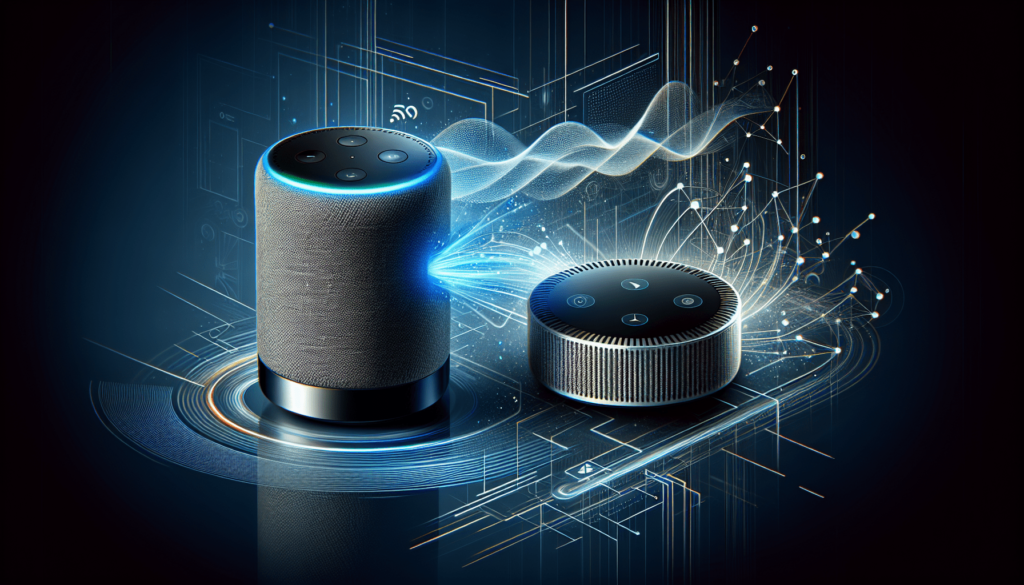
Optimizing Your Smart Home Experience
Once your devices are up and running, there are plenty of ways to enhance their functionality and improve your quality of life.
Security and Privacy Tips
-
Updated Software: Regularly check for updates that improve performance and security.
-
Use Strong Passwords: Implement complex passwords for your device accounts to safeguard against unauthorized access.
-
Review Privacy Settings: Go through privacy settings to control data sharing and voice recording options.
Automation Hacks
Remember to think creatively when setting up automations. For instance, schedule your coffee maker to start brewing with your morning alarm, or ensure that lights dim and curtains close as you settle in for a movie night.
Troubleshooting Common Issues
Whether it’s a connection drop or an unresponsive device, most problems can be resolved with a quick reboot. Always consider checking online forums or contacting customer service for persistent issues.
Choosing the Right Device for You
The decision between a smart speaker and a smart hub hinges on your specific preferences and home setup. Here’s a streamlined guide to help you make that choice.
User Needs and Preferences
-
Entertainment Avocado: If you thrive on sound quality and seamless audio streaming, lean towards smart speakers with strong entertainment features.
-
Smart Home Integrator: If you’re seeking to unify various home devices under one system, prioritize a reliable smart hub.
-
Budget Constraint: Consider starting with a smart speaker if you are looking for a more budget-friendly entry into smart home tech.
Brand and Compatibility Considerations
This is crucial, as not all devices work seamlessly across brands. Do your research on compatibility and select devices that easily integrate with those you already own or plan to acquire.
Final Thoughts
Navigating through the world of smart speakers and hubs can be a rewarding adventure. Whether your aim is to create a music-centric living room or a fully automated smart home ecosystem, understanding the differences between these devices will steer you toward making more informed choices that suit your needs and lifestyle perfectly. Happy home automating!
Disclosure: As an Amazon Associate, I earn from qualifying purchases.
